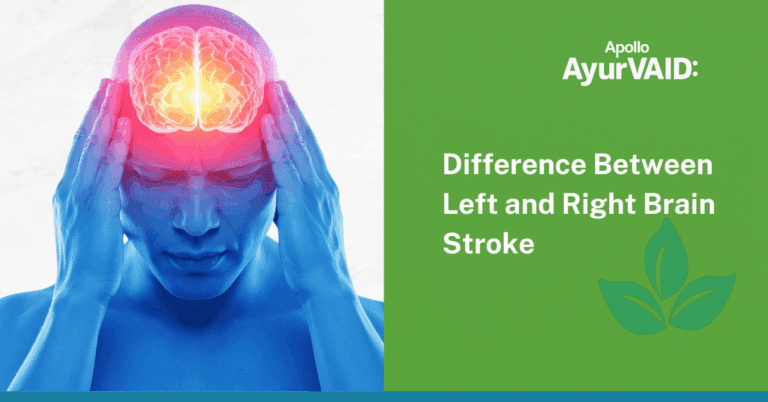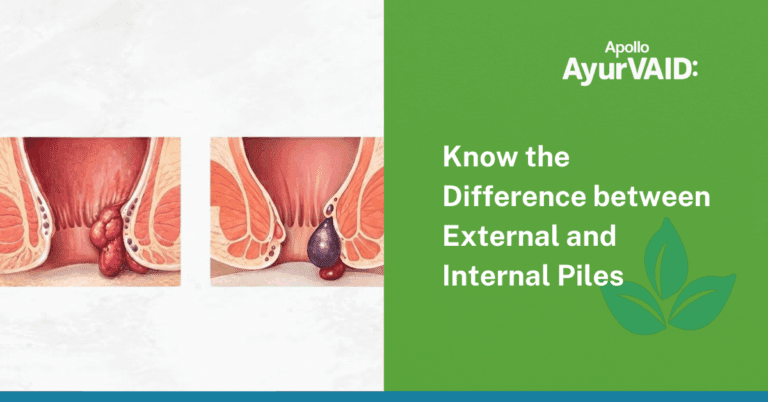Introduction
The heart is an organ that serves more than one purpose beyond merely pumping the blood. It is deeply woven into our physical, emotional, and even spiritual existence. Heartwarming, heart wrenching, close to heart, the one who stole my heart – these expressions remind us that the heart is more than a biological pump but a many-sided centre of feelings, relationships, and life. Ayurveda also refer to Hridaya as a seat of Manas (mind), Buddhi (intellect), Ojas (vital essence), and Chetana (consciousness). An imbalance in any of these factors can impact your heart.
Today, heart disease is not only a disease of old age but strikes people in their 40s and 30s silently. Most people overlook warning signals such as chest pain, shortness of breath, lethargy, irregular heart rhythm, or swelling in the legs until it is too late.
Why is it occurring more frequently nowadays? Our busy lifestyle, sitting for long hours, processed food, stress, and sleeping less have become the silent killers of heart health. Although modern medicine is saving lives each day, prevention is still the best tool we all possess. Having a clue on how to keep your heart healthy through regular movement, stress management, and conscious eating can make all the difference.
Simple decisions count. Eating food good for heart, such as fresh fruits, vegetables, whole grains, nuts, and seeds, and avoiding more sugar, salt, and fried food, can save the heart. Ayurveda and contemporary nutrition both stress balance, and the simplest, best foods for heart health tend to be in every kitchen.
On this World Heart Day, let us be vigilant and nurture our hearts with Ayurveda and its holistic approach towards a healthy heart and keeping it disease-free.
The Ayurveda Concept of Hridaya

Understanding Hridroga
Ayurveda outlines several etiologies of heart diseases, or Hridroga. They are Aharaja (dietetic causes) like the excessive consumption of pungent, astringent, dry, or salty food and Viruddha Bhojana (incompatible food). Viharaja Nidana (lifestyle causes) such as vigorous physical activities (Vyayama), restraining natural urges (Vegadharana), and unsuitable detoxification treatment can also cause Hridroga. Psychological causes, or Manasika Nidana, like undue anxiety (Chinta), fear (Bhaya), anger (Krodha), and horror (Trasa), are also regarded as major precipitants of heart diseases. These psychological stresses can enhance catecholamine release that results in hypertension, hyperlipidemia, and plaque instability.
Ayurveda literature describes typical symptoms (Samanya Lakshana) of Hridroga that are closely related to current cardiological manifestations. They are Vaivarnya (pallor/cyanosis/discolouration), Murccha (syncope), Kasa (cough with or without hemoptysis), Shwasa (dyspnea or shortness of breath), and Ruja (chest pain/discomfort). Fever (Jwara), hiccoughs (Hikka), vomiting (Chhardi), and thirst (Trishna) are also known to be associated with symptoms.
How to Keep Your Heart Healthy
Ayurveda provides a methodical and holistic road map on maintaining a healthy heart, where prevention is the best medicine.
- Nidana Parivarjanama (Avoiding Causative Factors) – The initial and most important measure is to recognise and remove the causative factors that imbalance the Doshas. This involves avoiding faulty eating habits, smoking, excessive drinking, overstraining the body physically, emotional strain, inhibiting natural urges, and excessive worrying.
- Ahara (Balanced Diet) – Your Best Foods for Heart Health: Ayurveda places great stress on a balanced diet appropriate to a person’s dosha. Food good for heart – fresh, seasonal, and locally available.
Hridya Ahara (heart-friendly diet)
Hridya Ahara is essential for keeping the heart and mind healthy. An unhealthy diet creates ama (toxins), imbalances the doshas, and blocks the channels of the body and causing heart disease.
A moderate, balanced, and seasonal diet is needed for heart health, with a focus on fresh and whole foods, which aid in proper digestion and nourishment.
Recommended foods (Pathya):
- Grains and pulses: Old rice (Purana ashali), barley (yava), and green gram (mudga) are light and easy to digest.
- Fruits: Pomegranate (dadima) is a highly regarded cardiac tonic. Other useful fruits are mango (amra), Indian plum (badara), grapes (draksha), dates (Kharjura), Indian gooseberry (Amalaki) and coconut water (Narikelajala).
- Vegetables: Snake gourd (patola), bitter gourd (karavellaka), and old ash gourd (purana kushmanda) are useful.
- Dairy: Buttermilk (takra) and fresh butter (navanita) are useful. Clarified butter or ghee is also useful.
- Spices and herbs: Garlic (lashuna), ginger (shunti), turmeric (hardira) and sandalwood (chandana) possess cardio-protective properties.
- Seeds and nuts: Almonds, walnuts, and pistachios supply healthy fats, fibre, and antioxidants.
NOTE: Moderation is the key.
Foods to avoid (Apathya):
- Heavier to digest (guru ahara) foods such as meat as well as high saturated fat foods tend to block the channels.
- Too sour, salty, or astringent foods can irritate the doshas and cause a burden to the heart.
- Spicy and fermented foods may further increase Pitta dosha, which is related to heart function.
- Avoid excessive fatty foods, refined sugars, heavily processed items, caffeine, and alcohol.
Vihara (Lifestyle Modifications):
In Ayurveda, lifestyle is all about keeping those bad doshas at bay and calming one’s mind while following the rhythm of the sun and nature.
- Early to rise.
- Having meals on time is very important to maintain your health.
- Meditation and the control of emotions like anger and anxiety keep the heart healthy.
- Some moderate walking, yoga, and swimming – nothing too strenuous can keep the heart healthy.
- Getting good quality sleep enhances general well-being and your heart health.
Avoid smoking. - Maintain body weight through regular exercise and a balanced diet. Weight gain increases the risk of heart disease.
- Following the code of ethics such as being truthful, gentle, and kind keep your calm, indirectly helps you to maintain heart health.
Shodhana Karma (Detoxification Therapies)
Intermittent detoxification, including Panchakarma, assists in the elimination of body-stored toxins (Ama) responsible for heart disease. Individual treatments like Vamana (emesis), Virechana (purgation), and Vasti (enema) are indicated depending upon the involved doshas and comorbid conditions like obesity and hyperlipidemia under professional supervision.
Factors that can hamper heart functions:
- Excessive worry (chinta), fear (bhaya), and anger (krodha) are major causes of heart disease.
- Controlling natural urges such as hunger, thirst, or weeping can imbalance the Vata dosha and result in disease.
- Excessive exercise or other activity can drain the body’s energy.
- Physical or emotional injury to the heart can adversely affect heart function.
Conclusion
World Heart Day is a timely reminder to maintain heart health. Ayurveda provides a complete therapy and comprehensive framework to avoid and cure cardiovascular diseases. By adopting an integrative method that incorporates mindful food choices (food good for heart and best foods for heart health), self-disciplined lifestyle habits (how to keep your heart healthy), and stress-busting methods, we can protect our hearts and lead a healthy life.






